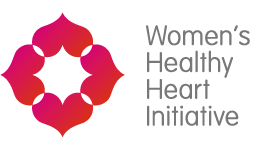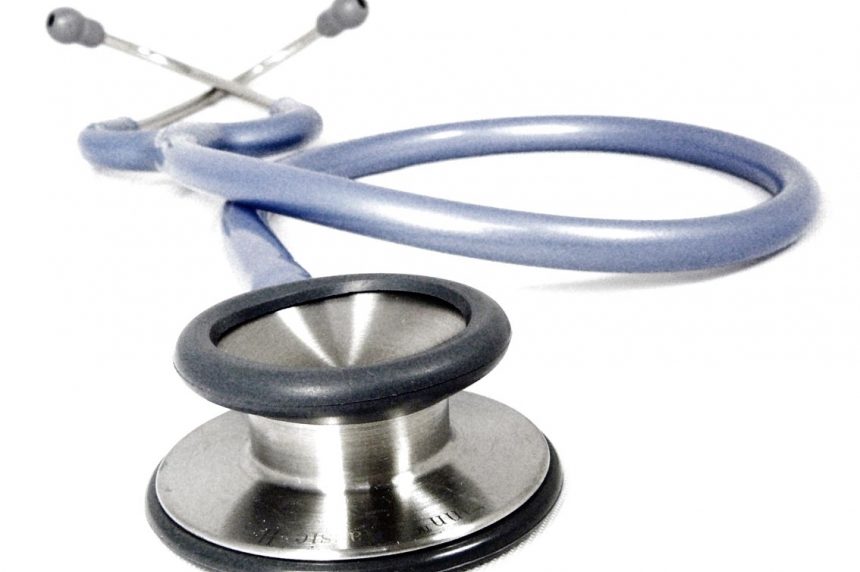In a recent study, discussed by WHHI in this blog post, five themes were found to characterize the experience of young women hospitalized for a heart attack. WHHI’s exploration of these five themes continues with the finding that participants are often inaccurate when assessing their risk of heart disease and commonly attribute their symptoms to non-cardiac causes.
This finding is concerning, especially as the trend toward self-diagnosis seems to be growing.
In the current world where information exists online at our fingertips, it has become easy and convenient to diagnose ourselves instead of visiting a health professional. Life is busy and a visit to a doctor may seem like an inconvenience when a quick online search can tell us what we need to know.
The problem with this is that we can misdiagnose ourselves. The online encyclopedia of information is vast, but it is often inaccurate. And even when completely factual, it cannot account for: a) individual variation in presentation b) human error in self-assessment of symptoms.
Because the average person is not a health professional, recognizing heart disease risk and symptoms is incredibly difficult. The symptoms are diverse and can be subtle. A health professional has the tools, training and knowledge to run the proper tests, accurately assess based on a multitude of factors, and develop the appropriate plan for your ongoing health management.
Changing how we understand and recognize heart attack symptoms is vitally important, but no amount of individual knowledge should replace a visit to a medical professional. If something does not feel normal, do not ignore it and a healthcare professional is the correct person to tell you what that is.
It is all too easy to relate that fatigue to a bad night’s sleep, or that muscle pain to the morning jog, or that nausea to some oncoming illness.
When you don’t feel right, take a moment and think about the possible repercussions of failing to get a medical professional’s opinion. A visit to the doctor may seem like a temporary inconvenience, but if early detection prevents a heart attack, it could be the best decision you make.

